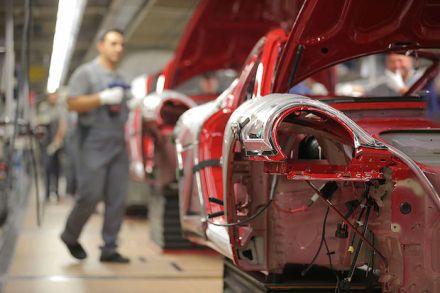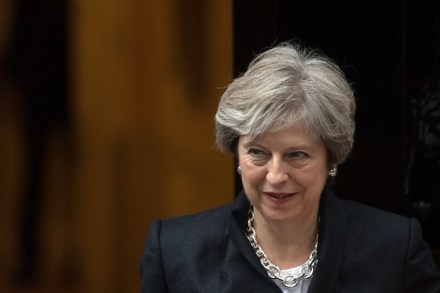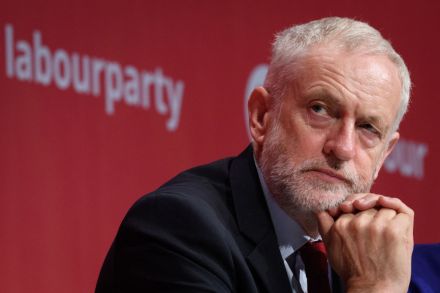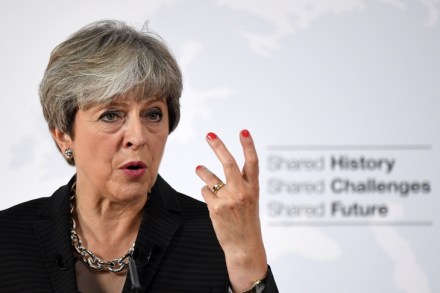Why a nation’s productivity isn’t a ‘one size fits all’ matter
The outlook for UK productivity is hardly encouraging. The Office for Budget Responsibility is suggesting only anaemic growth over the next five years while a recent survey by the ONS points to the lag between the UK and most of its G7 peers. Before we lament our lot, it is worth considering some of the differences between the UK labour market and those of its contemporaries. UK labour force participation is very high and unemployment is low. This would illustrate that the UK has been successful in getting as many people as possible into productive employment, which is not the case in most European countries. The main reason for


















